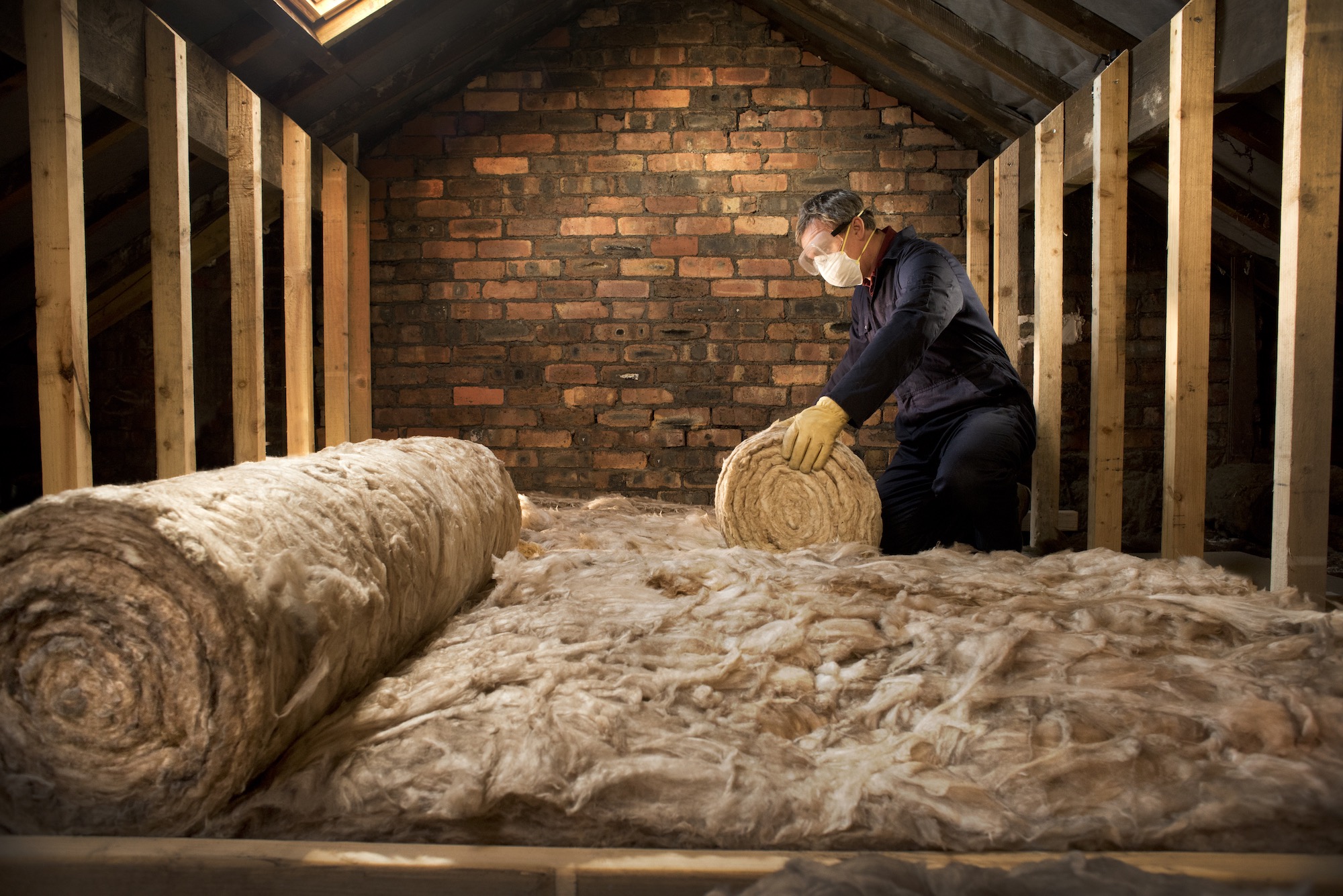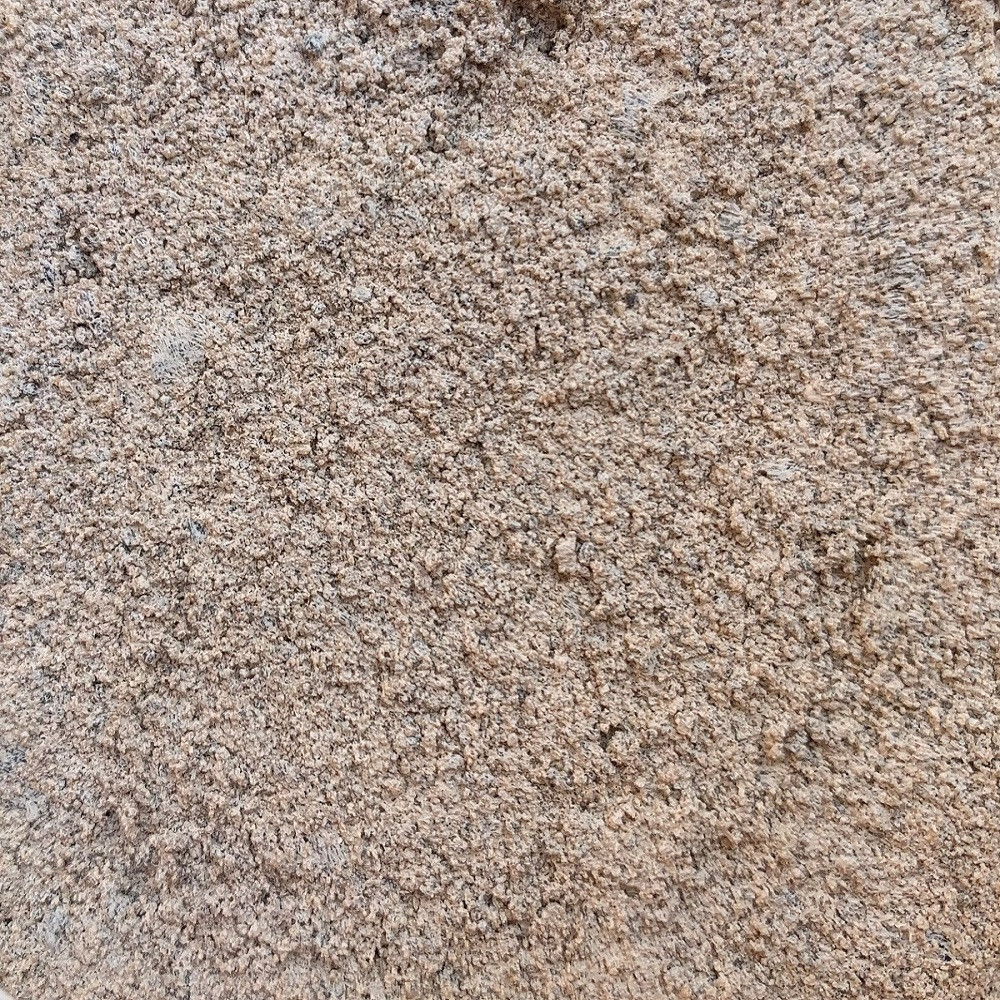In today's world, where energy conservation and efficiency are paramount, understanding the role of insulators is crucial. Insulators play a vital role in minimizing heat transfer, reducing energy consumption, and maintaining comfortable living and working environments. In this blog post, we will delve into the realm of insulation and explore the four best insulators that excel in terms of performance, sustainability, and cost-effectiveness.
- Aerogel Insulation:
Aerogel, often referred to as "frozen smoke," is a remarkable material with exceptional insulating properties. Composed of 99.8% air, it is the lightest solid known to man. Aerogel's unique structure consists of a three-dimensional network of interconnected nanoparticles, which effectively trap air molecules and impede heat transfer. With its ultra-low thermal conductivity, aerogel insulation offers unparalleled insulation performance, making it a top choice for applications requiring maximum energy efficiency. - Cellulose Insulation:
Derived from recycled paper and treated with fire-retardant chemicals, cellulose insulation is an eco-friendly and cost-effective option. It is known for its excellent thermal performance, sound absorption capabilities, and resistance to pests and mold. Cellulose insulation is typically blown into wall cavities or attics, forming a dense blanket that minimizes heat flow and enhances energy efficiency. Its sustainable nature and high R-value make it a popular choice for both residential and commercial buildings. - Polyurethane Foam Insulation:
Polyurethane foam insulation, commonly known as spray foam, is a versatile and highly effective insulating material. It is applied as a liquid that expands and solidifies into a rigid foam, creating a seamless and airtight barrier. This insulation type adheres to surfaces, filling gaps and voids, and providing exceptional thermal resistance. Polyurethane foam insulation offers superior energy efficiency, moisture resistance, and soundproofing properties, making it ideal for various applications, including roofs, walls, and foundations. - Vacuum Insulation Panels (VIPs):
Vacuum insulation panels are revolutionizing the insulation industry with their exceptional thermal performance. Consisting of a core material enclosed in an airtight envelope, VIPs effectively eliminate heat transfer through conduction and convection. The core material, often composed of fumed silica or fiberglass, is evacuated to create a vacuum, resulting in extremely low thermal conductivity. Despite their thin profile, VIPs offer high insulation values, making them ideal for space-constrained applications where maximizing energy efficiency is crucial.
Conclusion:
In the quest for optimal energy efficiency, choosing the right insulation material is paramount. Aerogel insulation, cellulose insulation, polyurethane foam insulation, and vacuum insulation panels stand out as the four best insulators, each with its unique set of properties and advantages. By harnessing the power of these advanced insulators, we can create sustainable and energy-efficient environments that benefit both our planet and our wallets.


